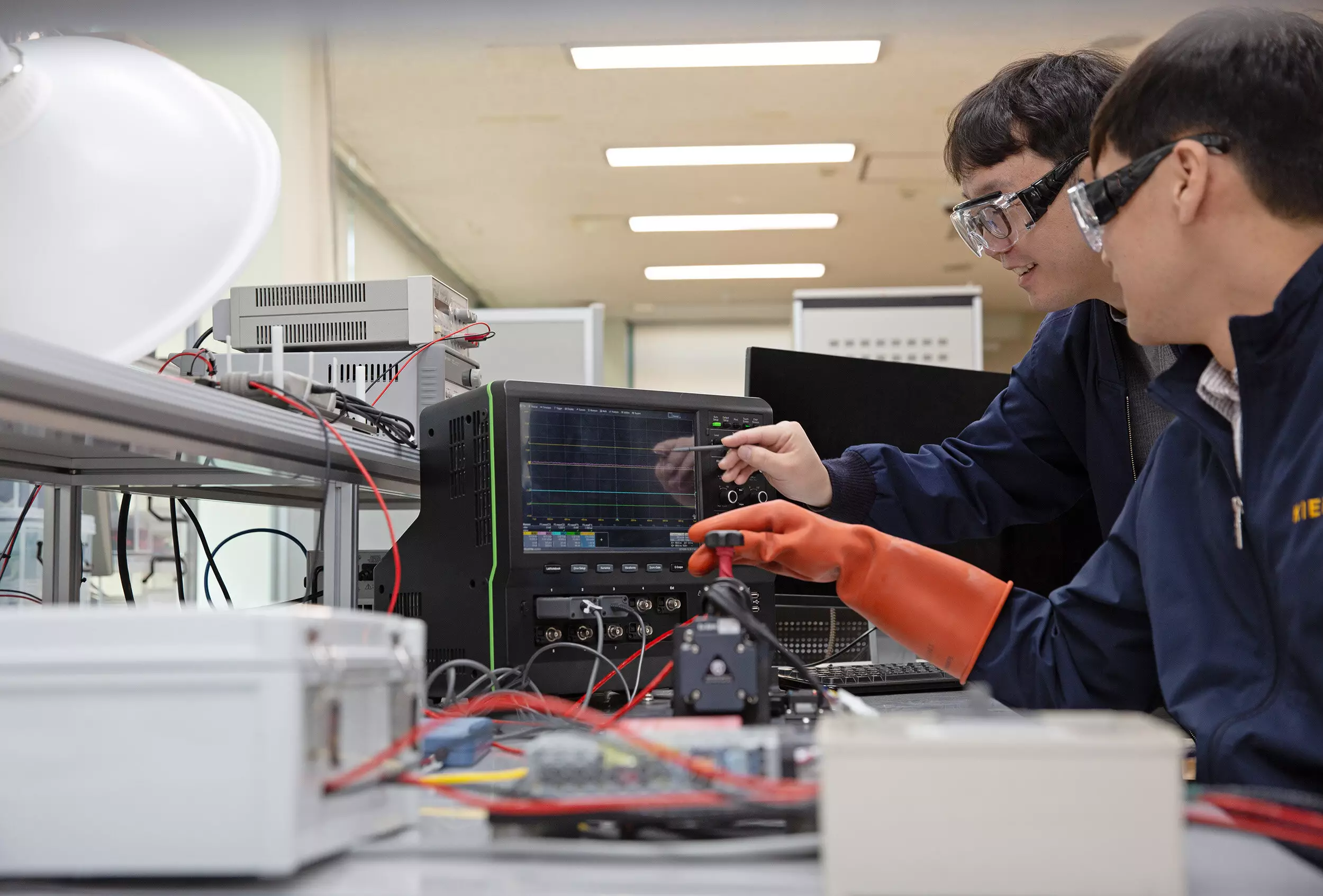

The management of energy in buildings has always been a challenge due to varying levels of energy consumption depending on factors such as use, location, and user characteristics. With the rising use of high-end electrical appliances and the need to implement renewable energy solutions, traditional Building Energy Management System (BEMS) technologies are becoming increasingly outdated. These systems primarily focus on monitoring energy usage and rely on the experience of building managers to operate efficiently, thus making it difficult to manage the diverse distributed resources and different types of power consumption within buildings.
Recognizing the limitations of existing BEMS technologies, a research team at the Korea Institute of Energy Research (KIER) led by Dr. Jeong Hak-geun has developed a groundbreaking building energy management platform technology. This innovative platform uses artificial intelligence and probabilistic/statistical methods to manage the real-time malfunctions and operating status of distributed resources within buildings, such as solar power generation, energy storage systems, HVAC systems, and inverters.
One of the key features of this platform technology is its ability to automate the analysis of operating conditions, conduct fault diagnosis, and optimize resource operation in real-time. By utilizing artificial intelligence and probabilistic/statistical methods, the research team has achieved a fault detection accuracy of over 98% for distributed resources. Moreover, the platform incorporates next-generation secure communication technologies, including quantum cryptography and quantum-resistant cryptography, to ensure robustness against cyber attacks at security level 5.
In addition to fault detection and secure communication, the platform technology also includes autonomous operation technology with a nonlinear optimization algorithm. This algorithm optimizes operations among distributed resources in real-time, enabling the system to immediately derive and operate the optimal utilization plan for distributed resources when a fault occurs. Through a year of verification in a mock-up testbed that simulates a real building environment, the research team confirmed that the platform technology resulted in more than 17% energy cost savings compared to existing building energy management systems.
The research outcomes of the KIER team have been remarkable, with 50 SCI(E)-level papers, 27 domestic and international patent applications, 4 registrations, and 8 cases of technology transfer. The team is currently on the verge of commercializing this platform technology, which has the potential to revolutionize building energy management across various sectors such as offices, factories, and hotels. Dr. Jeong Hak-geun emphasized the versatility and efficiency of the platform, stating that it is equipped with sophisticated algorithms for improving utilization efficiency and managing the fault status of distributed resources in real-time.
Cells form the foundation of all living organisms, and gaining insights into their inner workings…
Mosquitoes are not just an irritating nuisance; they are deadly vectors that transmit a range…
In the quest for sustainable living, consumers often hold fast to the belief that glass…
For over a century, the astral mystery surrounding Barnard's Star, a unique red dwarf just…
In the realm of catalysis, particularly in the context of oxygen evolution reactions (OER), understanding…
Recent research has illuminated a groundbreaking connection between blood donation frequency and the health of…
This website uses cookies.